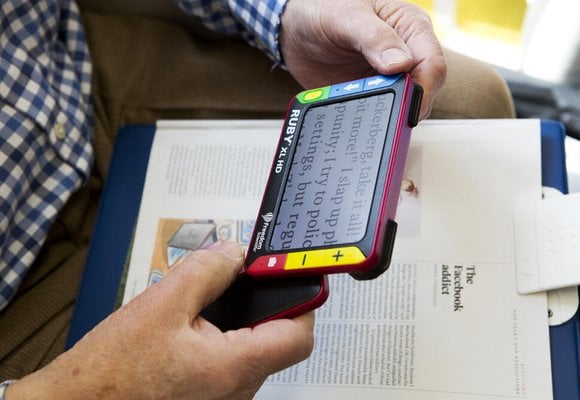Sporting Organisations
Activity Alliance
Enable organisations to support disabled people in sport and also support disabled people to find opportunities to get active. For further information visit the Activity Alliance website.
British Blind Sport
British Blind Sport aims to ensure that sport and leisure facilities are accessible to every blind or partially sighted person in the UK, with the intention of improving their physical health and self esteem. Adults and children are encouraged to participate at whatever level they choose be it grassroots or up to international competitive level. Sports include: Archery, Athletics, Cricket, Football, Goalball, Shooting, Ten pin bowling.
For further information visit British Blind Sport, call 01926 424247 or email [email protected].
British Paralympics Association
The British Paralympic Association (BPA) are the National Paralympic Committee (NPC) for Great Britain and are responsible for the selection, preparation, entering, funding and management of the Great Britain and Northern Ireland team at the Paralympic Games. Find out more about the ParalympicsGB team on the British Paralympic Association website.
Metro sport
Metro is a London based Sports and Social Club for blind and partially sighted people of all ages. Members include many of the UK’s top international sports men and women, as well as those who are new to sport or who want to enjoy less competitive activities. For further information visit the Metro blind sport website.
Disability Sport Wales
The Disability Sport Wales National Community Development Programme is a joint initiative between Sport Wales, the Federation of Disability Sport Wales and the 22 local authorities across Wales. The scheme is aimed at developing quality community based sporting and recreational opportunities for disabled people throughout Wales. For details on Volunteering opportunities visit the Disability Sport Wales website.
Please note: All organisations mentioned on this page are not endorsed or recommended by RNIB. Other organisations are available which offer similar opportunities.
Scottish Disability Sport
SDS is the Scottish governing and co-coordinating body of all sports for children, athletes and players of all ages and abilities with a physical, sensory or learning disability. Their vision is to make sure sport and physical activity in Scotland are welcoming and inclusive for participants with disabilities. For further information visit the Scottish Disability Sport website.
Disability Sports Northern Ireland
Work with people with physical, sensory and learning disabilities of all ages and with schools, disability groups, sporting organisations and clubs to ensure that everyone can benefit from the health, social and education benefits of sport and active recreation. For further information visit the Disability Sports Northern Ireland website.








